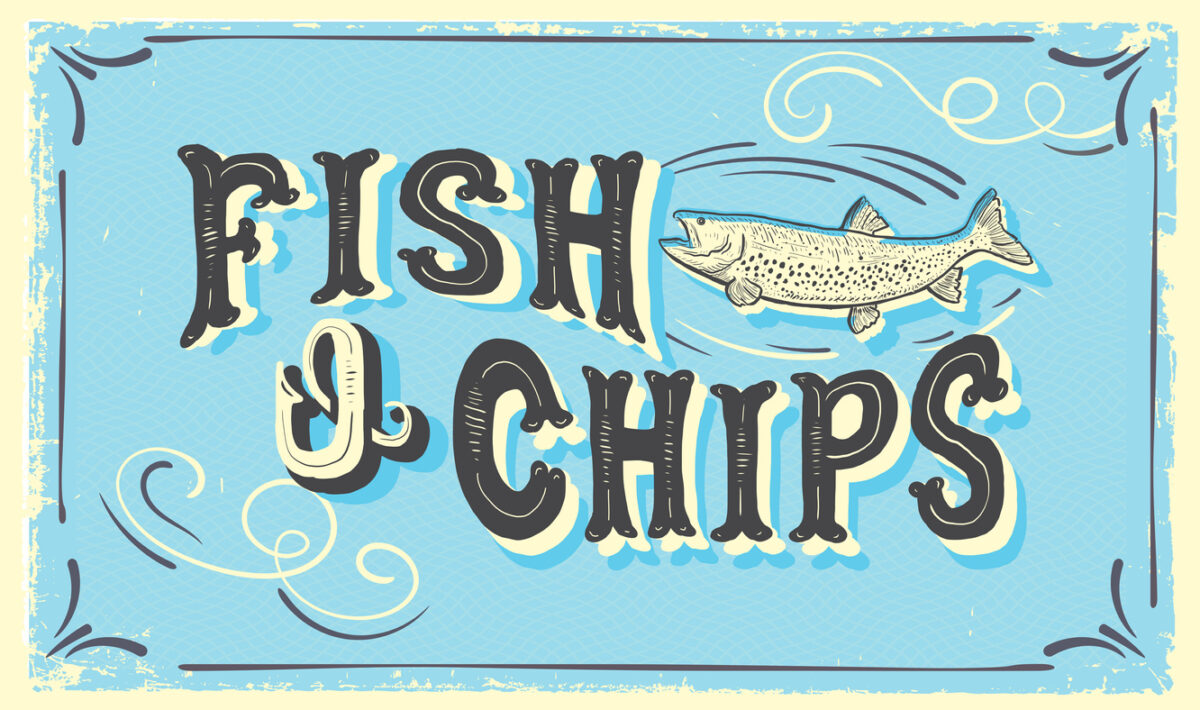MPs call for improved Geographical Indication policy for British food and drink in new report

A report published by the All-Party Parliamentary Group (APPG) on Geographically Protected Foods, has called on the Government to develop and improve Geographical Indication (GI) policy for food and drink produced in the UK.
It is hoped that building better GI policy will help to promote and protect the country’s culinary heritage, raise its profile nationally and abroad, as well as generate more jobs for the agri-food sector.
Chair of the All-Party Parliamentary Group on Geographically Food, Alicia Kearns said: “Too often the food and drink products and culture of Britain is played down, and indeed in many
cases, the UK is a follower rather than a leader when it comes to Geographical Indication Policy. As an All-Party Parliamentary Group, we want to change this.”
A GI registers and protects food and drink with a geographical connection. Unlike trademarks, businesses do not own a GI and any producer can make or sell a protected food item, as long as they meet the requirements laid out in the GI registration.
The UK’s GI scheme became independent from the European Union’s programme on 1 January 2021. “While there is continuity between the new UK scheme and the EU scheme – mainly by continuing reciprocal protection of EU and UK products protected as of 31 December 2020”, the report states, “new products have been registered through the UK scheme.”
GIs can be split into three categories under British regulation: Protected Designation of Origin (PDO), Protected Geographical Indication (PGI), and Traditional Speciality Guaranteed (TSG).
The APPG launched their inquiry into British protected food and drink policy in 2020, and found that much work still needs to be done to make the UKGI scheme fully effective.
The report has been welcomed by Bertie Matthews Managing Director of independent flour miller Matthews Cotswold Flour. He told Food Matters Live the proposal to support more British local foods by improving the GI scheme is a “fantastic sign that the provenance of our local produce is important. There are so many hard working producers creating unique British foods in their area that can and will be celebrated.”
Being able to promote the regionality of produce is hugely important, according to Matthews. He said: “Locality of produce is great for a number of reasons: 1. Low food miles: 2. Circular economy; 3. Local jobs and skills; 4.Traceability; 5. Control of supply chain. Not to mention it gives me great pleasure for people to buy bread from flour milled and grown in their valley.”
The APPG report includes over 140 submissions from producers, retailers and consumers, as well as responses from the general public.
Some 38 recommendations were made for the improvement of UKGI policy in the country, relating to the following areas:
- Making GIs work for producers
- Improving consumer recognition of GIs
- Developing a strong food brand in and outside of the country
The report has also recommended the country sets itself a target of at least 200 registered GIs by 2030 – it has only registered three GIs since leaving the EU in 2021. These are: Gower Salt Marsh Lamb, Watercress Cambrian and Mountains Lamb.
There are a total of 81 registered GIs and TSGs in the country, much fewer than EU member states such as Italy, that currently has 331, France and Spain. The UK also has the lowest number of registered protected names in comparison to Italy, France, Germany, Portugal and Spain.
While the current GI scheme and application process makes sense to some, the report shows that smaller producers are more sceptical about whether the time and financial burden of applying for the GI can benefit their business.
Over half of respondents in the report said they had little or no familiarity with the GI application process, while 20% said they had some or a lot of familiarity with it.
Just under a quarter said they do not currently have a GI but would like to apply for one, and 41% said they did not know whether the process was difficult or easy, showing many producers have little knowledge of the scheme.
Some producers also said that GIs are not widely considered as a mark of quality in the UK, with some thinking there is little point in obtaining one if they already own a trademark.
An exporter of Farmhouse Cheddar also echoed this view, saying they will continue to use the EU logo for as long as they can, due to the UKGI scheme not being recognised as a mark of good quality abroad.
GIs are also not widely recognised by consumers as symbols of quality, with just over 10% of those surveyed in the UK saying they use the label when they shop for food and drink. This is a stark comparison with over 40% of the French public and 52% of Italians who consider the EU PGIs when making food choices.
According to small retailers, part of the problem lies in the labels not being well-advertised and consumers not being aware of the meaning behind them.
The design of the GI labels has also been criticised by consumers as easy to miss on packaging. Just 30% said the label was attractive, while 42% said it was not and 20% were undecided.
One respondent in the report from an artisanal meat and food shop from the Hampshire-Wiltshire region said: “The GI scheme could really be something that we can all be proud of but at the moment if you stopped someone in the street to talk about it the overwhelming
majority would never have heard of it or have any understanding of what the 3 labels
actually stand for.
“The Great Taste labels are now recognised by a lot of shoppers as indicating that the
product is of high quality but it has taken many years. To get the GI scheme to have
the same level of recognition will require a great deal of work and advertising – how
proud is the government of our British food? Time to see some concerted action, and
how about another ‘Buy British’ campaign?”
The APPG has called on the Government to invest in a widespread education and publicity campaign to develop the UKGI scheme further, encouraging partnerships with Local Authorities, retailers, regional food organisations and other non-profit and for-profit organisations.
“Nationally I believe the Protected Geographical Indication could be a great start,” Bertie Matthews told Food Matters Live. “There are a number of schemes for farmers Equipment and Technology Fund, CPSG, Countryside Stewardship Scheme. Beyond this support with exporting administration, advice and networking would take this even further.”
Do you know what impact Britain’s withdrawal from the EU will have on food standards in the UK? Find out all you need to know in this Food Matters Live Podcast episode:








